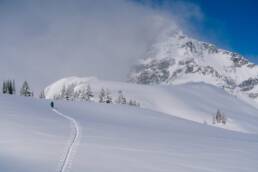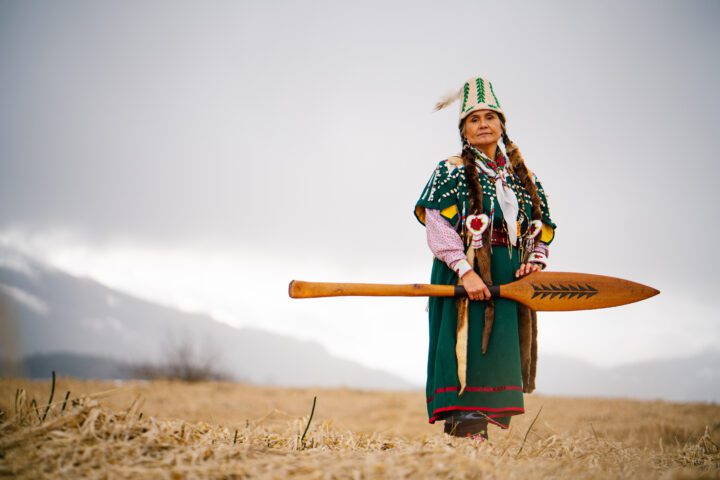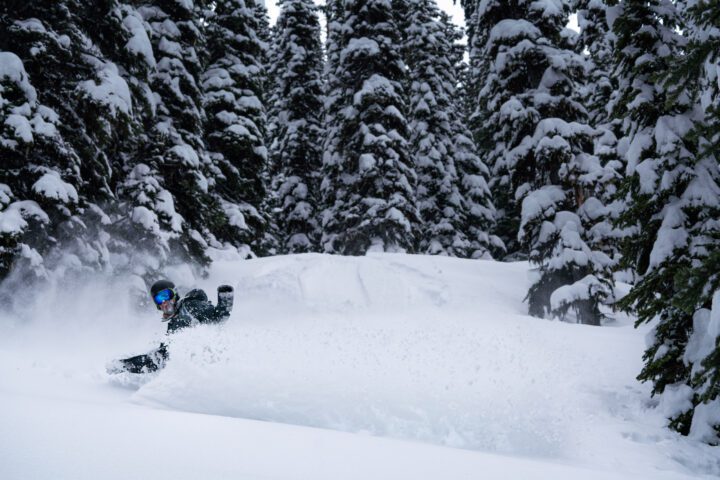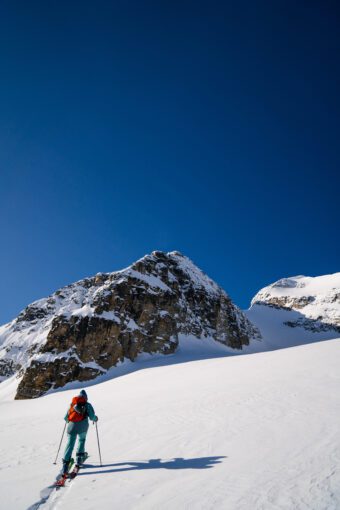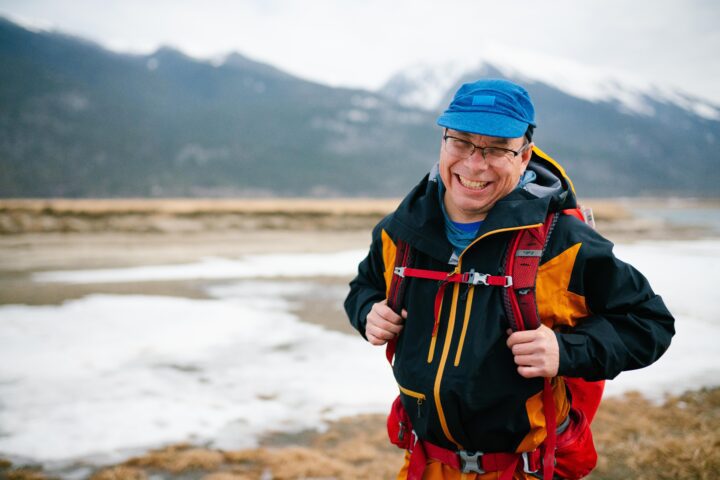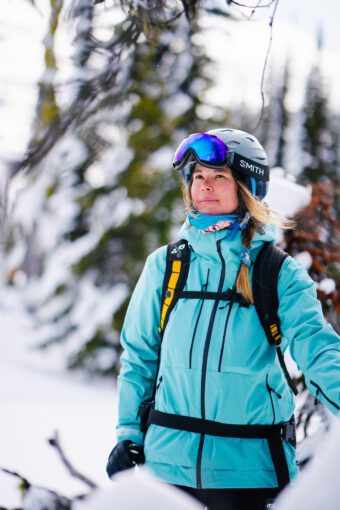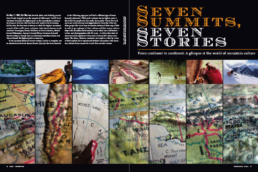Directed by Zoya Lynch, the new short film “Beyond Begbie” explores Indigenous perspectives on the land and its place in mountain culture.
Standing tall over the Revelstoke valley, Mount Begbie has inspired an entire community. It is iconicized in the logos and names of local businesses, featured heavily in artists’ works, and is photographed by every visiting tourist. Most importantly of all, it is explored by the outdoor enthusiast – no matter the season. Climbing Mt Begbie is a “right of passage” for every hiker, climber, sledder, and skier who chooses to make Revelstoke their home. While this peak has created an entire contemporary culture in Revelstoke, its name and story only represent colonial history, with no reference to the Indigenous heritage of this land. Is it the outdoor community’s responsibility to help change this?
Directed by Zoya Lynch and produced by Nat Segal, and featuring members of local indigenous communities, like Shelly Boyd of the Sinixt, Beyond Begbie has been a hit in the mountain film festival circuit, and is currently available to stream on Airtime.
Since time immemorial, the Sn̓ʕay̓čkstx (Sinixt) lived on the Columbia River and its tributaries, their territory spanning from north-eastern Washington all the way to Revelstoke. This land, later to become Revelstoke, has also been claimed as traditional land used by the Okanagan, Ktunaxa and Secwe̓pemc First Nations. When settlers came to Revelstoke in 1885, they did not recognize the first people and proceeded to settle as if they were the first to discover it. What followed was the naming of mountains, rivers, and passes in their custom, after themselves. In the latter part of the 1800s, the majority of the Sinixt were progressively pushed off their land with many ending up in the USA, southern part of their territory, being absorbed into the Colville Reservation in Washington State, USA. Many others fled to the Okanagan Valley. In 1956 the Canadian Federal government declared the Sinixt extinct even though hundreds of descendants still lived north of the border. After many years of hard-fought legal battles, the declaration of extinction was revoked in April 2021 by the Supreme Court of Canada as part of the Desautel decision. Despite this, the powder mecca of Revelstoke, is still surrounded by peaks and mountain passes named after white men who had little to no regard for the preceding history of the area at the expense of Indigenous heritage.
Photos by Zoya Lynch.
Related Stories
History of Ski Aerial Acrobatics
One of the most influential ski films of all time. Dick Barrymores documents what started freestyle skiing. From 1969…
Book of the mountains – Trailer
"The Book of Mountains 3D" - a new film about skiing from Action Brothers, now in 3D! The film stars Ivan Oleynik, Ivan…
A Beautiful Blizzard
We all love a good snow storm. This short film captures the essence of the big one like no other we've ever seen…
Coast Modern Architecture
I just spend a couple of days at Baldface Lodge following abstract artist Jeremy Down around the mountains while he…


